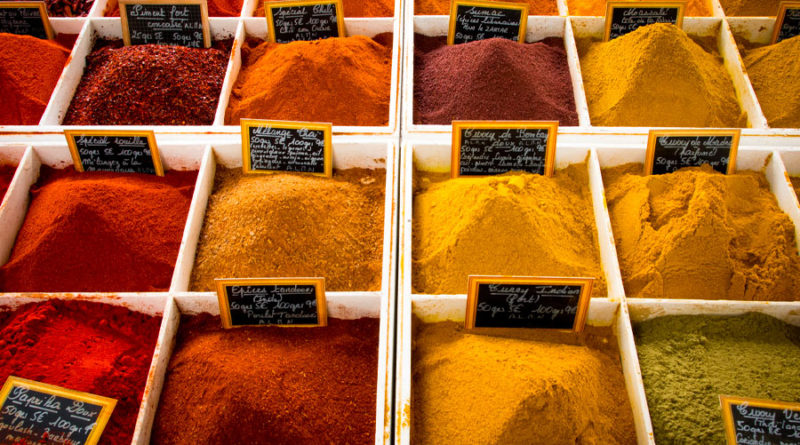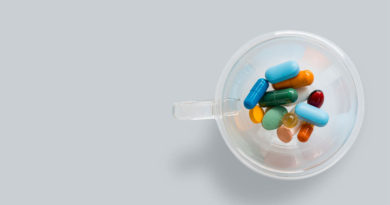The Spicy Cure for Depression
Certain spices such as chili pepper, cardamom sage, and saffron are known to possess specific anti-depressant attributes; some spices, on the other hand are known to indirectly boost the overall well-being of the person.
General Effects of Spices
According to the American Journal of Clinical Nutrition, among all the food groups, including vegetables and fruits, spices are the group known to have the highest antioxidant activity. Antioxidants are essential in offsetting the damage caused by free radicals that can in turn, cause or aggravate several forms of degenerative diseases.
There is a close association between free radical damage, all chronic degenerative diseases, and a high likelihood of depression. Thus treating or preventing free radical damage by consuming foods rich in antioxidants such as spices, will also lead to a decrease in the chance of developing depression.
Chili Pepper
Chili pepper has mood elevating qualities. Its effects lead to a stimulation of a specific type of pain receptor known as TRPV1 on the endings of sensory nerves. The stimulation of these nerves causes a signal to be sent to the brain telling it to manufacture and release neurotransmitters known as endorphins. The endorphins then stimulate the brain to release a chemical called dopamine that in turn enhance mood and alleviate depression.
Several new antidepressant medications also work by boosting the levels of dopamine in the brain.
Cardamom
Traditional Ayurvedic practitioners in India for thousands of years have been using cardamom as a way of treating depression. While there are no clinical trials that show that this spice actually treats depression, certain biochemical reasons exist that certainly reveal as to why it works.
Sage
A placebo-controlled double blind clinical trial has proven that sage reduces improves mood and relieves anxiety. Scientists have known for many years that this spice contains compounds that inhibit cholinesterase, which is an enzyme that is closely associated with the dispatching of signals across nerve synapses.
Sage also has qualities that can help improve memory.
Saffron
In traditional Persian medical systems, saffron has been used to treat depression for hundreds of years. Several recent clinical trials have proven that this yellow spice indeed works as well as several of the new anti-depressant medications that’s specifically used to treat mild to moderate depression.
One such study involved a placebo controlled double-blind trial in which the patients suffering from were depression were given 30mg of saffron extract every day for 1.5 months. At the end of the study, the group that was given the saffron treatment had a significant improvement in their depression compared to the placebo group.
In a couple of other clinical trials, patients suffering from depression who were taking saffron were compared to the patients who were using two commonly prescribed anti-depressant medications, Prozac (fluexitine) and imipramine. In the two trials it was shown that saffron was at least equally effective as the two modern medications. Another important aspect of the saffron therapy was that there were no side effects in observed in the patients who took saffron.
Like all other organs, the brain is exposed to toxins caused by genetic and environmental factors such as free radical damage. Damage and aging due to free radicals increase the likelihood of the individual developing depression. This likelihood however, can be lowered if the person uses one or more of the spices known to have anti-depressive qualities. Besides that, your diet should involve a number of other spices that contain phytonutrients known to have neuro-protective properties. Some of these mood-elevating spices still need to be discovered and identified.



